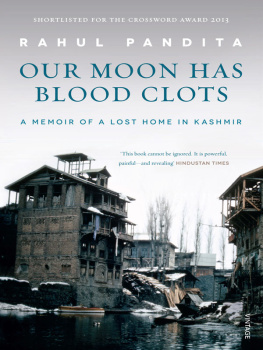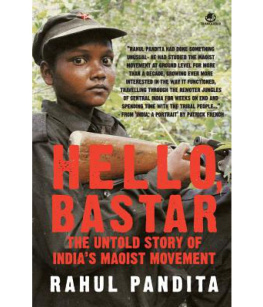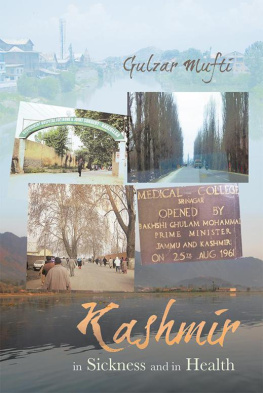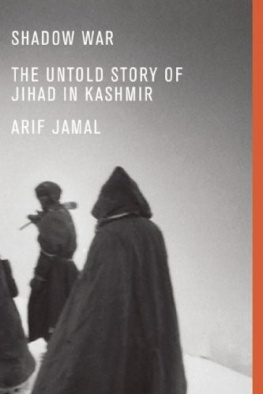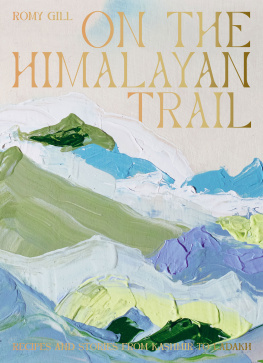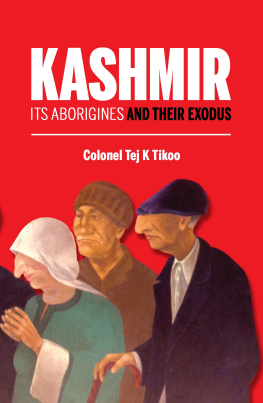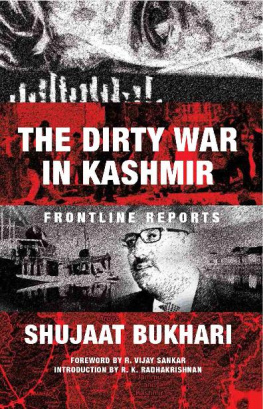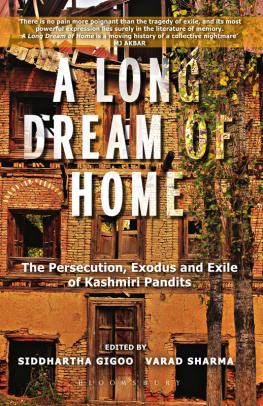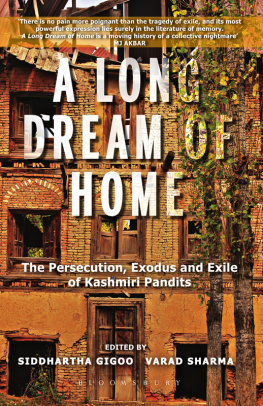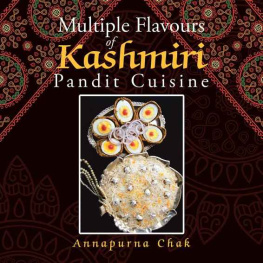


Published by Random House India in 2013
Copyright Rahul Pandita 2013
Random House Publishers India Private Limited
Windsor IT Park, 7th Floor, Tower-B
A-1, Sector-125, Noida-201301, U.P.
Random House Group Limited
20 Vauxhall Bridge Road
London SW1V 2SA
United Kingdom
This eBook is copyright material and must not be copied, reproduced, transferred, distributed, leased, licensed or publicly performed or used in any way except as specifically permitted in writing by the publishers, as allowed under the terms and conditions under which it was purchased or as strictly permitted by applicable copyright law. Any unauthorised distribution or use of this text may be a direct infringement of the authors and publishers rights and those responsible may be liable in law accordingly.
EPUB ISBN 9788184003901
Published in association with the New India Foundation

For Ravi, my brother, my first hero
and an earlier time when the flowers were not stained with blood, the moon with blood clots!
Pablo Neruda, Oh, My Lost City

The best in me are my memories. Many people will come to life in them, people who gave their blood while they lived, and who will now give their example.
Anton Donchev, Time of Parting
Jammu, 1990
They found the old man dead in his torn tent, with a pack of chilled milk pressed against his right cheek. It was our first June in exile, and the heat felt like a blow in the back of the head. His neighbour, who discovered his lifeless body in the refugee camp, recalled later that he had found his Stewart Warner radio on, playing an old Hindi film song:
Aadmi musafir hai
Aata hai, jaata hai
Man is a traveller
He comes, he goes
The departed was known to our family. His son and my father were friends. He was born in the Kashmir Valley and had lived along the banks of the Jhelum River.
Triloki Nath was cremated quickly next to the listless waters of the canal in Jammu. Someone remarked that back home the drain next to the old mans house was bigger than the canal. The women of the family were not permitted to wail in his memory. The landlord of the one-room dwelling where Triloki Naths son lived had been clear: he did not want any mourning noises inside his premises. He said it would bring him bad luck.
It was barely a room. Until a few months ago, it had been a cowshed. Now the floor had been cemented and its walls were painted with cheap blue distemper. The landlord had rented out the room on the condition that no more than four family members could stay there. More people would mean more water consumption. The old man was the fifth member of the family, and that was why he had been forced to live alone in the Muthi refugee camp, set up on the outskirts of Jammu City, on a piece of barren land infested with snakes and scorpions.
Ours was a family of Kashmiri Pandits, and we had fled from Srinagar, in the Kashmir Valley, earlier that year. We had been forced to leave the land where our ancestors had lived for thousands of years. Most of us now sought refuge in the plains of Jammu, because of its proximity to home. I had just turned fourteen, and that June, I lived with my family in a small, damp room in a cheap hotel.
We went to the refugee camp sometimes to meet a friend or a relative. When I went there for the first time, I remember being confronted with the turgid smell of despair emanating from the people who waited for their turns outside latrines, or taps. New families arrived constantly, and they waited at the periphery of the camp for tents to be allotted to them. I saw an old woman wearing her thick pheran in that intense heat, sitting on a bundle and crying. Her son sat nearby mumbling something to himself, a wet towel over his head.
One afternoon I went to the camp to meet a friend. He hadnt turned up at school that day, as his grandmother had fainted that morning from heat and exhaustion. They made her drink glucose water, and she was feeling better now. The two of us went to a corner and sat there on a parapet, talking about girls. We perspired a lot, but in that corner we had a little privacy. Nobody could see us there except a cow that grazed on a patch of comatose grass, and near my feet there was an anthill where ants laboured hard, filling their larder with grains and the wings of a butterfly.
Suddenly there was a commotion, and my friend jumped down and said, I think a relief van has come. While he ran, and I ran after him, he told me that vans came nearly every day, distributing essential items to the camp residents: kerosene oil, biscuits, milk powder, rice, vegetables.
By the time we reached the entrance of the camp, a queue had already formed in front of a load carrier filled with tomatoes. I also stood at the end of it, behind my friend. Two men stood in front of the heap, and one of them gave away a few anaemic tomatoes to the people in the queue. He kept saying, Dheere dheere. Slowly, slowly. Some people were returning with armfuls of tomatoes. My friend looked at a woman who held them to her breast and he winked at me. Meanwhile, some angry voices rose from the front. The tomatoes were running out, and many people were still waiting. They had begun to give only three tomatoes to each person. In a few minutes it was reduced to one tomato per person. A man in the queue objected to two people from the same family queuing up. I have ten mouths to feed, said one. An old woman intervened. Do we have to fight over a few tomatoes now? she asked. After that, there was silence.
By the time our turn came, and it came in a matter of minutes, it was clear that not everyone would get tomatoes. One of the men distributing them procured a rusty knife. They began to cut the tomatoes into half and give them away. I thought I was hallucinating. Or maybe this was the effect of the hot loo wind that, the inhabitants of this city maintained, could do your head in. I remembered our kitchen garden back home in Srinagar, and all the tomatoes I had wasted, plucking them before they could ripen and hitting them for sixes with my willow bat. And now in my hands somebody had thrust half a tomato. Others in the queue accepted it as I had, and I saw them returning to their tents.
I looked at my friend. There was nothing to say. We returned to our private spot and threw two half slices in front of the cow. We were fourteen. I often think of that moment. Maybe if we had been grown-ups and responsible for our families, we too would have returned silently with those half tomatoes. At fourteen we knew we were refugees, but we had no idea what family meant. And I dont think we realized then that we would never have a home again.
Next page
